US says ‘max pressure’ on Iran failed, continues policy nonetheless
The administration of US President Joe Biden has acknowledged that Trump's “maximum pressure” policy against Iran failed, while itself has so far shown unwillingness to undo the former president's wrongs.
Speaking at a press briefing on Thursday, US State Department spokesman Ned Price said the Trump administration’s maximum pressure policy has failed to achieve each and every single one of its aims.
“I think when you look at the results of maximum pressure, you can only be left with one conclusion,” Price said.
He added, “Maximum pressure was supposed to result in a better deal. It was supposed to cow Tehran and its proxies, it was supposed to isolate Iran from the rest of the world, and it was supposed to leave America’s interests in a better position.”
Price continued to say that in every single one of the issues he raised, the opposite has been true, adding that over the last four years, “we came nowhere close to anything resembling a better deal.”
While criticizing Trump’s failed policy against Iran, he still suggested that the Biden administration will continue to pressure Tehran with closer cooperation with the US’s allies.
“Now, our approach recognizes that maximum pressure accompanied by the lack of diplomatic engagement got us to where we are,” he said. “That is why we are embarking on a different path, one that prioritizes real, principled, clear-eyed diplomacy – clear-eyed diplomacy with our partners and allies.”
Back in May 2018, Trump unilaterally withdrew the US from the nuclear agreement reached under his predecessor Barack Obama, calling it the “worst deal ever”, and vowing to press Tehran into negotiating a new deal through a “maximum pressure” campaign that included tough economic sanctions and military provocations.
Tehran, which has verifiably asserted that it does not seek to develop nuclear weapons, adopted what it called the “maximum resistance” policy and successfully weathered the US pressure, while pushing the other parties to the deal, officially known as the JCPOA, to honor their commitments and stand up to US bullying.
Iran maintains that the three European parties to the deal, also known as the E3, paid only lip service to Tehran’s calls to safeguard its interests throughout the Trump administration. On the other hand, unlike Trump, the Biden administration has been successful in getting them back to fully support Washington’s position on Iran.
Price explained that during the Trump administration, the US was sitting at the opposite side of the table of its closest European partners and allies.
Pointing to a recent meeting between the E3 and the US’s top diplomats, he said it was “a clear sign that for the first time in years, the United States was on precisely the same page as our closest allies and partners.”
“And with that unanimity, with that cooperation, with those consultations, we enter this phase of diplomacy from a position of strength and we are confident that this is the sort of position of strength that will allow us to achieve our strategic goal,” the US spokesman added.
When campaigning for president, Biden vowed to re-enter the JCPOA and abandon Trump’s failed maximum pressure policy. Yet, since assuming office more than a month ago, he has instead urged Iran to scale back its nuclear activities to fully comply with the JCPOA – an agreement the US is officially no longer a party to.
Tehran, which has reduced its commitments under Article 36 of the JCPOA as a legitimate response to the US withdrawal, argues that it is Washington that must first fulfill its commitment to the deal before Iran does the same.
In remarks on Wednesday, Price acknowledged that Iran remained compliant with the JCPOA before the deal was ditched by Trump, and took steps away from the agreement only after the ill-judged measure.
“The IAEA, while the Iran deal, while the JCPOA was in full effect, while Iran was abiding by it, they expressed confidence that Iran was living up to its limits,” he said, adding, “I suspect if you go and ask them (the IAEA), they will tell you that they were satisfied by Iran’s compliance with the deal. Iran was complying with the deal.”
Iranian Foreign Minister Mohammad Javad Zarif responded to the remarks, urging Washington to lift its illegal sanctions to “remove the cause” of the current impasse.
Bad actors pressuring Biden on Iran
Meanwhile, there are still bad actors who are pressing the United States to take a harsher position on Iran, such as Israel, Saudi Arabia and the United Arab Emirates, who were the only three regimes in the world that openly opposed any diplomatic path to resolve the issue, including the JCPOA.
On Thursday, Israel’s warlike prime minister Benjamin Netanyahu called for “military threat” and “hard sanctions” against Iran as the only things that will work.
“We learn from history that if you only rely on an agreement, you’re mistaken,” he said in an interview with Israel’s Channel 13 News. “The only things that will slow or prevent Iran from attaining a nuclear weapon are a credible military threat and hard sanctions.”
Netanyahu, whose regime seems to be in close contact with the Biden administration on the JCPOA, claimed that he will do everything to “stop Iran from getting a nuclear weapon.”
Earlier this week, eleven US senators reintroduced the Iran Diplomacy Act, which they said supports efforts to return all sides to full compliance with their commitments under the JCPOA.
“President Biden is right to pursue diplomatic steps that verifiably shut the door on an Iranian nuclear weapon,” claimed Senator Edward Markey, who led his colleagues in the reintroduction of the bill.
“President Trump’s 2018 exit from the Iran Nuclear Deal alienated the United States from allies whose support is needed to confront the full-range of Tehran’s bad behavior,” Markey said.
He added that Trump’s “maximum pressure” campaign brought the US to the brink of war with Iran.
Bernie Sanders, Elizabeth Warren and Chris Murphy were among the senators who supported the bill.
However, on Wednesday, 46 US lawmakers introduced a resolution that opposed the lifting of sanctions on Iran, including the use of waivers, de-listing individuals or entities
The resolution, introduced by two notorious Iran hawks, Senator Tom Cotton and Congressman Mike Gallagher, also opposed the lifting of the ‘‘U-Turn’’ prohibition, which bans Iran from accessing the United States financial system for the purpose of conducting dollarized transactions.
'Next to impossible' to rescue patients from Gaza's Kamal Adwan Hospital: Director
VIDEO | Vietnam current prosperity
Report blames gasoil exports for shortage at Iranian power plants
VIDEO | Hind Rajab Foundation names Israeli war criminals vacationing after Gaza genocide
VIDEO | Australians rally for Gaza ahead of Christmas festivities
VIDEO | Attacks on Sana'a
Iran reports further drop in annual inflation rate in December
Israel indicts two settlers over suspected spying for Hezbollah


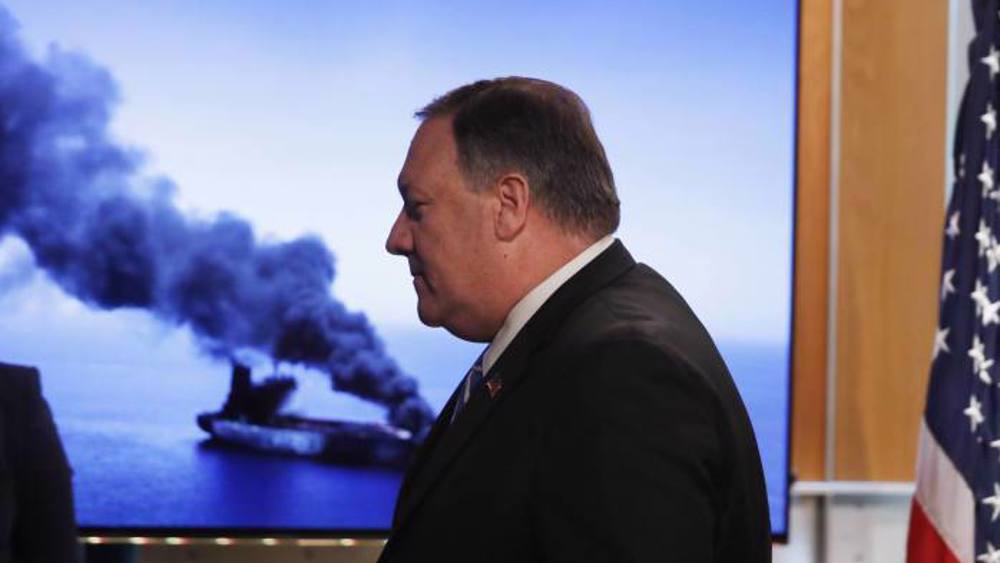






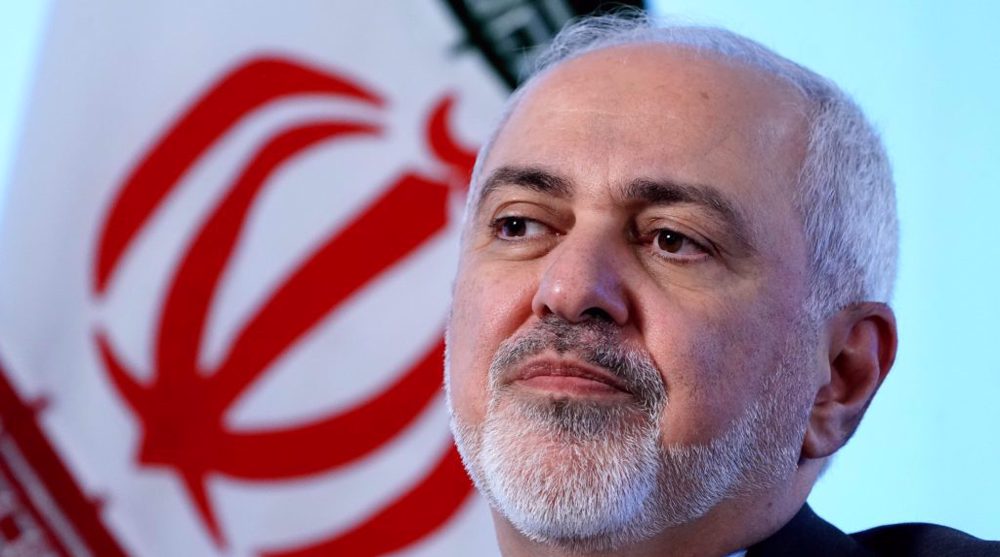
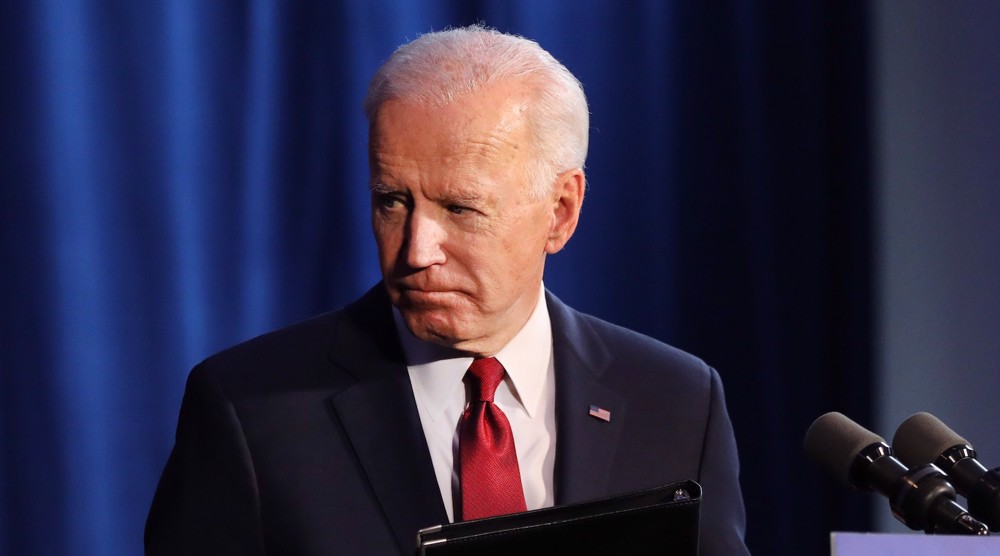
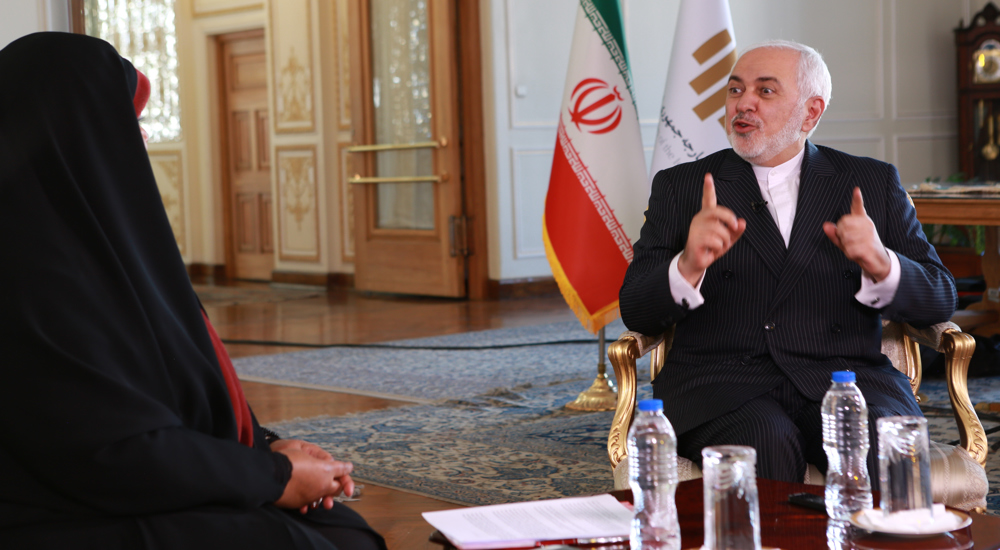
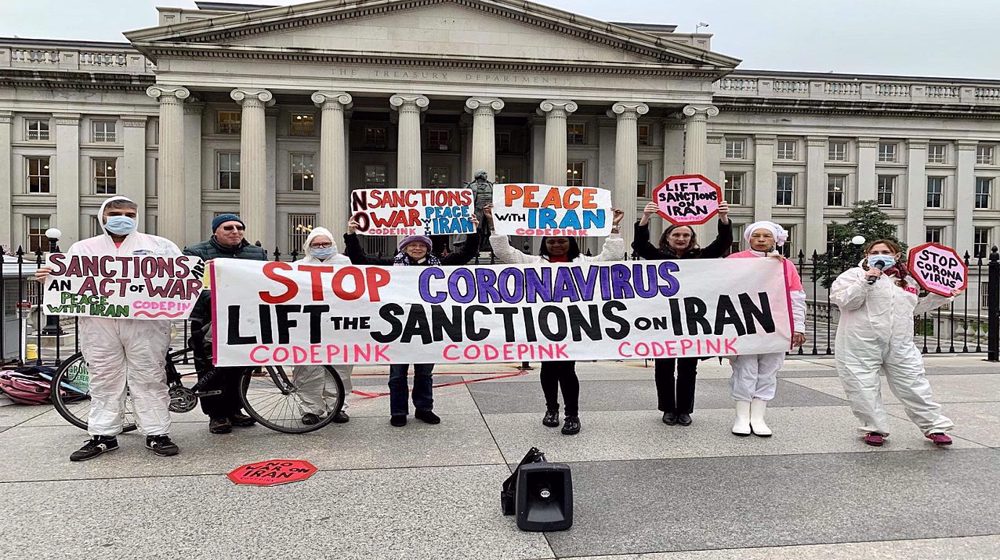
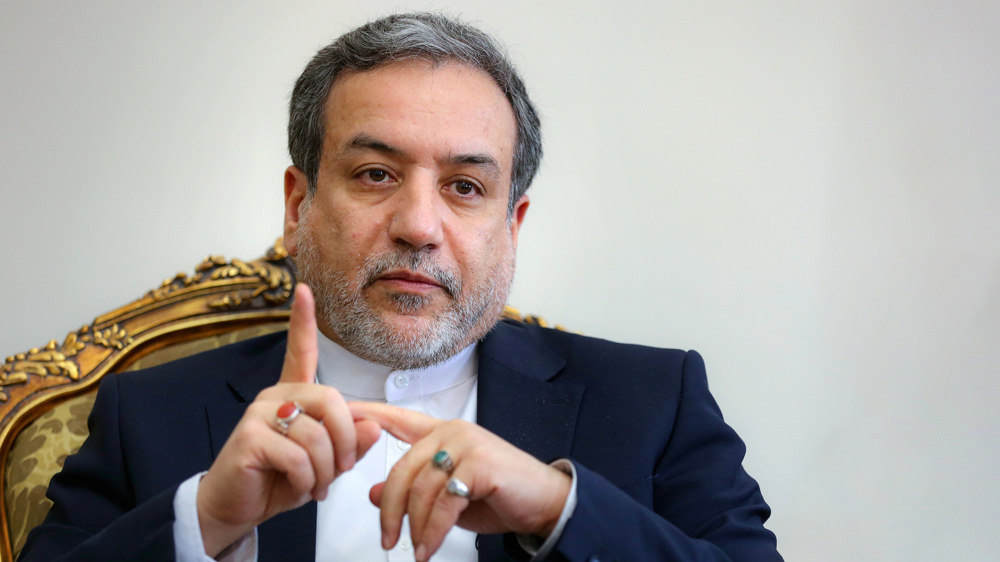

 This makes it easy to access the Press TV website
This makes it easy to access the Press TV website